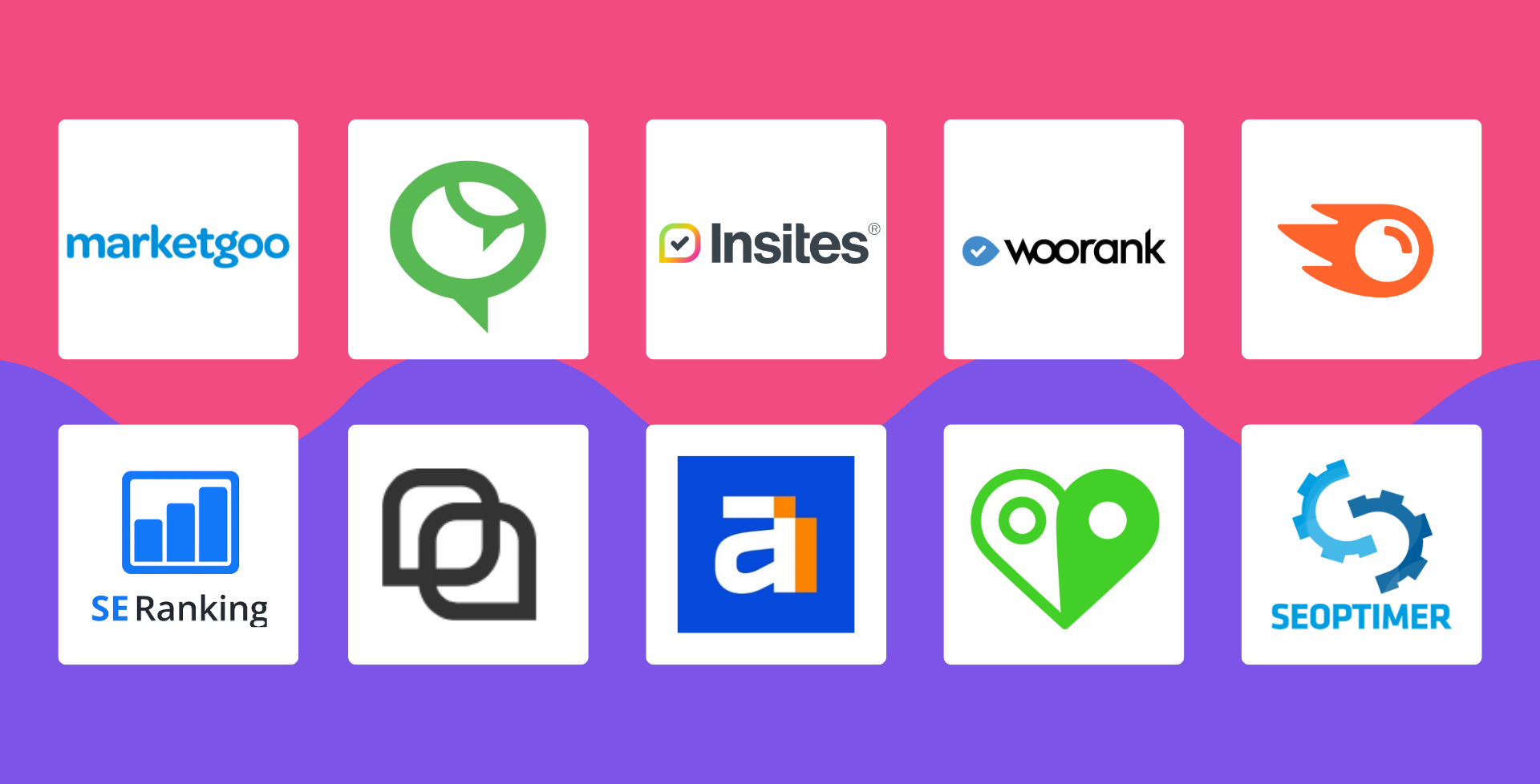Verticalisation strategies to elevate your brand to new heights
Coral Wood • January 24, 2024
Verticalisation seems to be the latest buzz word in business. But this transformative strategy is gaining momentum. This approach involves delving deep into specific market segments, offering tailored products or services, and establishing a strong brand presence.
In this blog, we’ll explore the concept of verticalisation and discuss strategies to unleash its potential, propelling your brand to new heights.
Understanding verticalisation
Verticalisation, also known as vertical integration, is the process of expanding a business’s reach by controlling various stages of the supply chain within a specific industry. Instead of operating solely within one niche, companies adopting this strategy can extend their influence from production to distribution and sometimes even retail.
The benefits
- Enhanced control
By vertically integrating various stages of production and distribution, businesses gain better control over their processes. This increased control allows for improved quality assurance, cost management, and adaptability to market changes. - Efficiency and cost reduction
Verticalisation can streamline operations, reducing the dependence on external suppliers and intermediaries. This not only improves efficiency but also minimises costs, making your business more competitive. - Innovative product development
A focused approach to a specific market segment allows for more targeted and innovative product or service development. Understanding the unique needs of your audience enables you to create solutions that resonate and stand out in the market.
Discover the power of Insites
Fast, accurate, comprehensive online audits of any business in just 60 seconds. Try Insites for free with no commitment here.
Strategies for success
- Market research and segmentation
Before diving into verticalisation, thorough market research is crucial. Identify lucrative market segments, understand consumer behaviour, and segment your target audience. This foundational step ensures that your verticalisation strategy is based on solid insights. - Strategic partnerships
Verticalisation doesn’t mean you have to handle every aspect of your business internally. Forge strategic partnerships with key players in the industry to strengthen your position. Collaborations can provide access to specialised expertise and resources. - Investment in technology
Embrace technology to enhance efficiency and innovation. Whether it’s automation in production or advanced data analytics for market insights, technology plays a pivotal role in successful verticalisation. - Brand positioning and communication
Clearly communicate your brand’s new focus to your target audience. A strong brand positioning strategy helps build trust and loyalty. Showcase how your verticalisation efforts translate into better products or services for your customers. - Agile adaptation
Markets are dynamic, and verticalisation requires agility. Be prepared to adapt your strategies based on changing consumer preferences, market trends, and competitive landscapes. Regularly reassess and refine your approach to stay ahead.
Verticalisation is a potent strategy that can reshape the trajectory of your brand. By deeply immersing yourself in specific market segments, embracing innovation, and building strategic partnerships, you can unlock new potentials and propel your brand to unprecedented heights.
In a business environment where differentiation is key, verticalisation might just be the game-changer your brand needs to thrive in the competitive landscape.


























